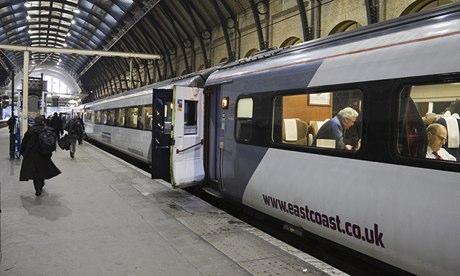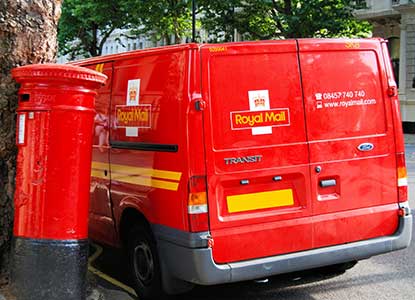Labour MP Michael Meacher asks why it is Nick Clegg rather than the Labour Party that is proposing taxing the filthy rich
…
The super-rich, roughly 1 per cent of the working population – around 300,000 individuals – with incomes in excess of £3,000 a week, rising to £92,000 a week for the average FTSE 100 chief executive and soaring into the stratosphere beyond that, have contributed virtually nothing additionally since 2008-9 to pay for the costs of the bank bailouts.
The very poorest are being made to pay £18 billion through benefit cuts and are expected to have a further £10bn cut imposed on them shortly because of the current shortfall in debt reduction.
The rest of the population, as well as the poorest, are being made to suffer the effects of £81bn cuts in public expenditure, mainly through 300,000 or more public-sector job losses.
The super-rich meanwhile sail on untroubled by the pains of austerity and, according to the available evidence, are doing very well, thank you.
So why isn’t Labour raising the roof about this? Thirty years ago Labour would have done so, but not in today’s parliamentary party.
I raised this very issue at the last PMQs before the summer recess on July 18.
I asked Cameron: “Since the richest 1,000 persons in the UK have increased their gains by £155bn over the last three years of austerity, why doesn’t he charge capital gains tax on those gains which would raise over £40bn, enough without any increase in public borrowing to fund the creation of 1-1.5 million jobs over the next two to three years – a much better way to cut the deficit than the Chancellor’s failed policies?”
So why isn’t Labour running with the ball instead of letting Clegg get some acclaim?
…
The UNISON union warns about further attacks on benefits by the UK Conservative – Liberal-Democrat Conservative coalition government.
UNISON, the UK’s largest union, has today written to Prime Minister David Cameron and Deputy Prime Minister Nick Clegg, urging them to think again about stopping council tax benefits.
The union is warning that many low earners will be hit hard by the coalition’s decision to replace council tax benefit payments with a postcode lottery of local schemes at the same time as cutting councils’ budgets by 10%.
At a stroke the move will wipe out any gains the low paid would have received from the changes to personal tax allowances next April– a central part of the coalitions’ claims that it is helping working people on low wages.
Dave Prentis, UNISON General Secretary, said:
“It is time for the Government to put its money where its mouth is. We hear a lot from Cameron and Clegg about helping low paid workers, but actions speak louder than words. For many hardworking families the changes to council tax benefits will wipe out any gains from changes to the personal tax allowances next April.
“Only this week, Nick Clegg called for the wealthy to pay more tax. And the coalition has claimed that it has taken real action to help low and middle income earners by changing personal tax allowances. But what the government is giving with one hand, it is taking away with the other. It is also helping to take away the incentive for carrying on working when the financial benefit is being cut.”
…
Some Lib-Dem calls for Lib-Dem Conservative Deputy Prime Minister Nick Clegg to be dumped
Arrests related to Tommy Sheridan’s perjury trial
 Campaigners have renewed calls to keep the east coast mainline rail franchise in public hands after the state-owned operator revealed it returned £208.7m to the taxpayer last year, a rise of 6.6%.
Campaigners have renewed calls to keep the east coast mainline rail franchise in public hands after the state-owned operator revealed it returned £208.7m to the taxpayer last year, a rise of 6.6%.